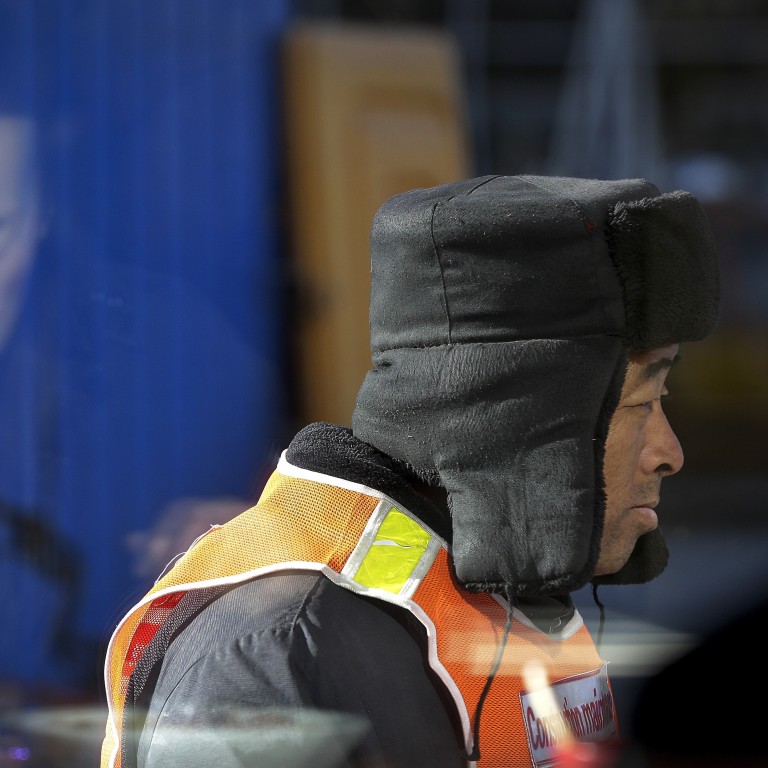
Brexit chaos adds to global risks, but the No 1 worry comes down to economic growth
- Richard Harris says investors should keep a close eye on the GDP figures of major economies like China and Germany. However Brexit ends, it is already a drag on the struggling Chinese economy, and a slowdown will move the markets
There is an academic experiment that demonstrates the “wisdom of crowds”. It consists of placing a large jar of jelly beans on a desk and asking a classroom full of people how many beans are in the jar. Of course, no one has any idea – they have to guess by looking at it.
The experiment reveals that, even though individual guesses may be wild, the average or median of the many guesses usually results in a remarkably close crowd estimate of the actual number of beans in the jar. This exercise illustrates the wisdom of crowds over the power of a single individual.
It would be a most unconventional way to run the mother of parliaments, which prides itself on having a centuries-old unwritten constitution (Churchill would spin in his grave). But these are unusual times and convention has been shackled. Respect, decorum and protocol have been absent in the House of Commons chamber in recent weeks. We have seen aggressively personal attacks by both junior and senior political figures on the Speaker, John Bercow, from the floor of the House. While respect for the Speaker only recently dimmed; respect for and confidence in the negotiators from Europe vanished over a year ago.
Essentially, this grass-roots process would take the decision-making from one, the prime minister, to determine the optimal solution through the wisdom of crowds. It would be the mechanism that takes the average view of Members of Parliament and draws a consensus as to the best solution for Britain. This answer may be an acceptable Brexit deal, a further delay to Article 50, some kind of deal to handle a no-deal, or indeed a second referendum. The policy itself would almost certainly please no one but it would be workable as the optimal right answer – as per the jelly bean jar.
But do the difficulties of a small industrial country on the edge of Western Europe have any real impact on us in Asia, where we are curating enough economic problems of our own?
The fixation with Brexit has meant that markets have taken their eye off the ball in continental Europe, which developed significant problems of its own in 2018. The European Union had to win a bruising battle with Italy over their (relatively modest) budget proposals. The EU are good at this and it worked this time; but threats, bribery and bullying are not a sustainable way to keep countries in line in the long term. Then again, only Britain has so far resisted.
As time goes by, the spectre of a country leaving the euro is becoming increasingly discussed and the odds must rise every time there is a battle. The euro itself will remain a strong and stable currency as it will always survive in France, Germany and the Benelux countries.
The most important risk to investors is economic growth. Germany is expected to narrowly miss a technical recession (two consecutive quarters of negative growth), announcing a preliminary growth estimate of 1.5 per cent for 2018. GDP growth was 2.2 per cent in 2017.
We are merely looking at a growth slowdown, not a near-term recession as a few Jeremiahs are predicting. Nevertheless, investors need to keep their eyes peeled on economic growth figures this year – for when they shudder, so will the markets. As always, “It’s the economy, stupid”.
Richard Harris is chief executive of Port Shelter Investment and a veteran investment manager, banker, writer and broadcaster, and financial expert witness

